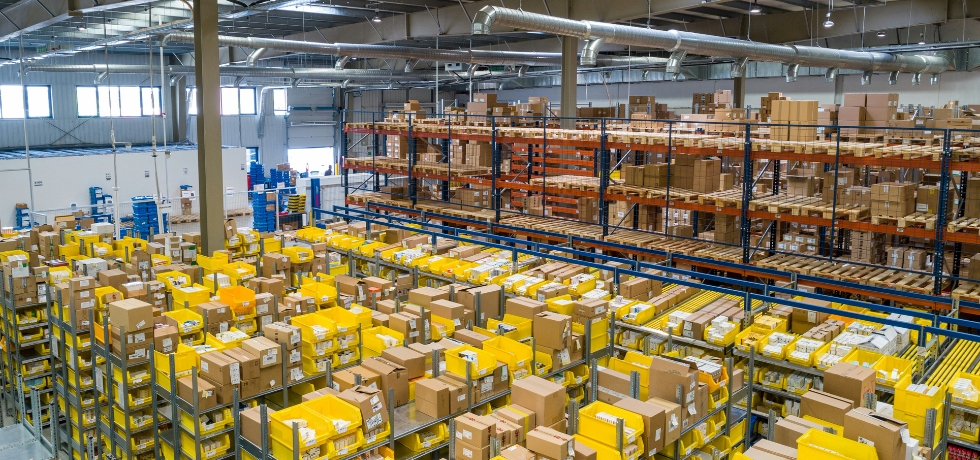In today’s environmentally conscious world, consumers are increasingly making purchasing decisions based on a company’s commitment to sustainability. This has led businesses to prioritize sustainable supply chains, transforming industries across the board. But what exactly are sustainable supply chains, and how are they driving this transformation?
A sustainable supply chain focuses on environmental and social responsibility throughout a product’s lifecycle, from sourcing raw materials to manufacturing, distribution, and end-of-life management. This means prioritizing practices that reduce environmental impact, ensure ethical labor conditions, and promote resource efficiency.
The Rise of Sustainable Supply Chains
A sustainable supply chain involves managing resources and processes to minimize environmental impact. This includes sourcing raw materials responsibly, reducing waste, and ensuring ethical labor practices. As consumers become more eco-conscious, businesses must adapt. Companies that embrace sustainable supply chains are better positioned to meet market demands and regulatory requirements.
Benefits of a Sustainable Supply Chain
Adopting a sustainable supply chain offers numerous benefits. Firstly, it enhances brand reputation. Consumers prefer companies that prioritize sustainability. Secondly, it leads to cost savings. By optimizing resources and reducing waste, businesses can lower operational expenses. Lastly, it mitigates risks. A sustainable supply chain ensures compliance with environmental laws and reduces the risk of supply disruptions.
Innovations Driving Sustainable Supply Chains
Several innovations are driving the development of sustainable supply chains. Technology plays a crucial role. Advanced analytics and AI help companies forecast demand more accurately, reducing excess inventory. Blockchain technology ensures transparency and traceability in supply chains, promoting ethical sourcing. Additionally, renewable energy sources like solar and wind power are being integrated into supply chain operations to reduce carbon footprints.
Sustainable Supply Chain: A Competitive Advantage
Having a sustainable supply chain is becoming a competitive advantage. Companies with robust sustainability practices are more attractive to investors and customers alike. They are seen as forward-thinking and responsible. Furthermore, sustainable supply chains can lead to innovations in product development. By focusing on sustainability, businesses can create new, eco-friendly products that appeal to modern consumers.
Challenges and Solutions
While the benefits are clear, implementing a sustainable supply chain is not without challenges. Initial costs can be high, and there may be resistance to change within organizations. However, these challenges can be overcome with strategic planning and investment. Companies should start with small, manageable changes and gradually scale up their efforts. Partnering with sustainability experts and investing in employee training can also facilitate the transition.
The Future of Sustainable Supply Chains
The future looks bright for sustainable supply chains. As technology continues to evolve, new tools and methods will emerge, making it easier for businesses to adopt sustainable practices. Government regulations will likely become stricter, pushing more companies to embrace sustainability. Ultimately, those who invest in sustainable supply chains now will be the leaders of tomorrow.
In conclusion, the importance of a sustainable supply chain cannot be overstated. It transforms industries by improving efficiency, reducing costs, and enhancing brand reputation. As we move forward, sustainable supply chains will be the cornerstone of successful, responsible businesses. Embracing this change is not just good for the planet—it’s good for business.








